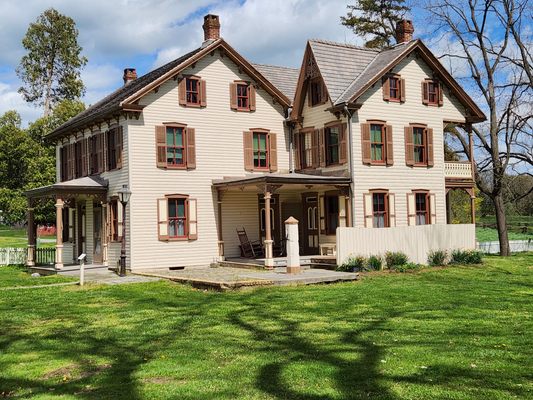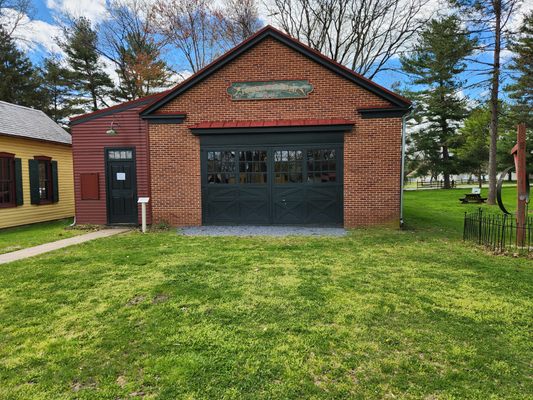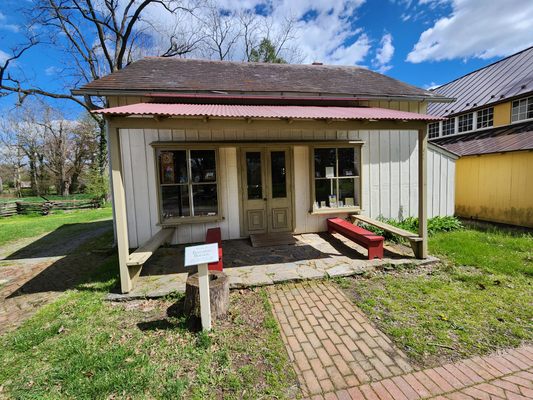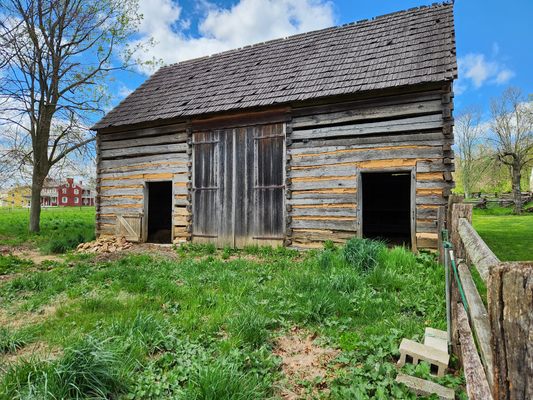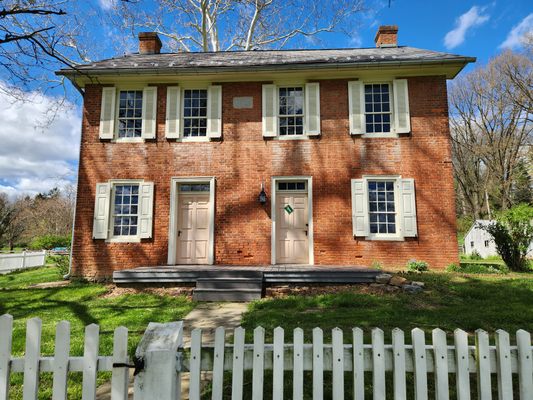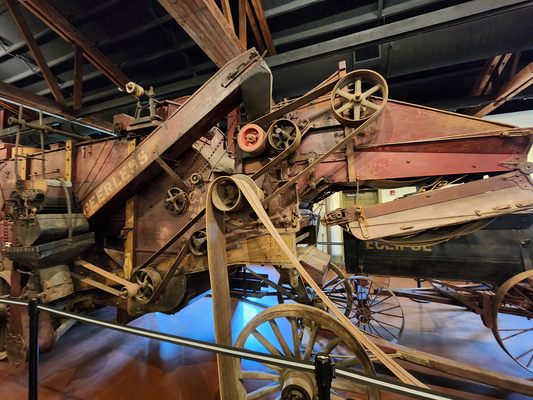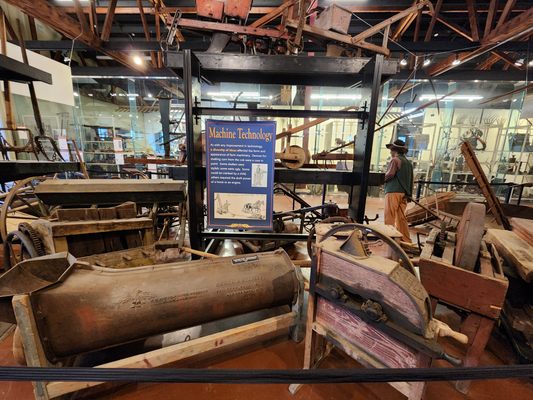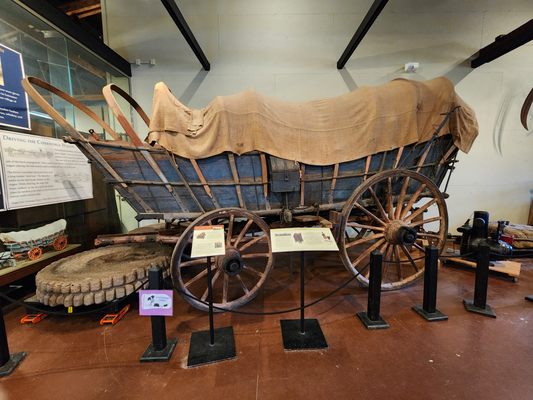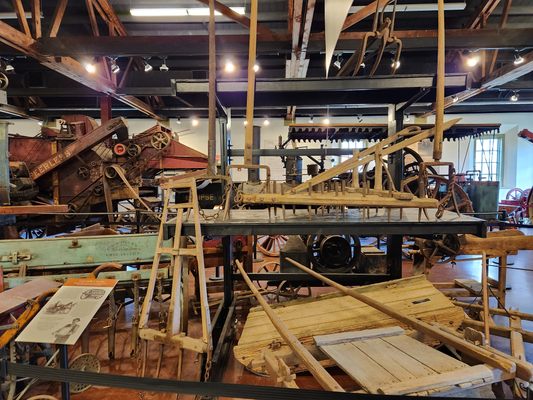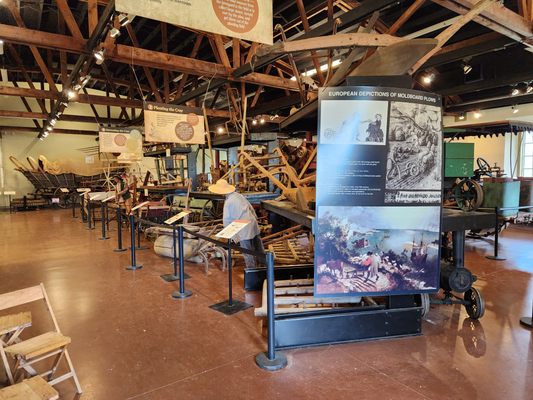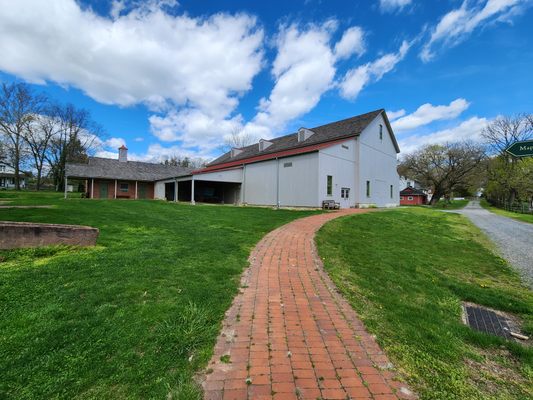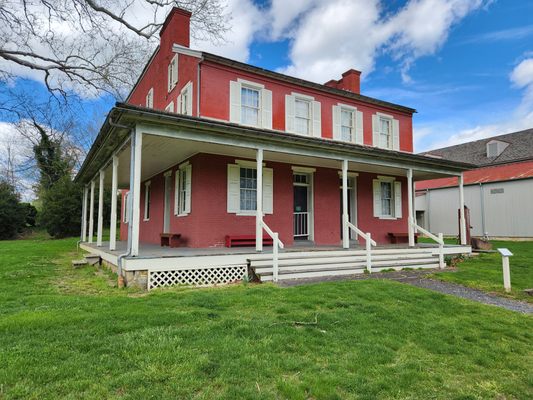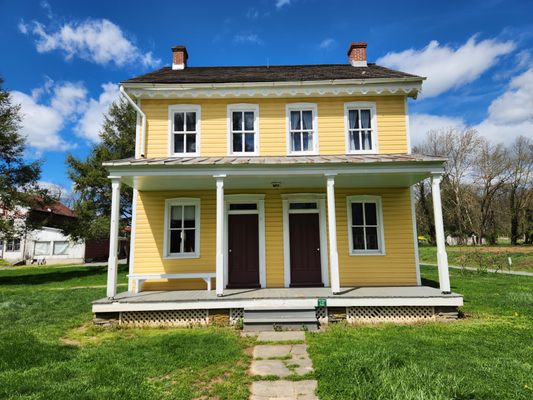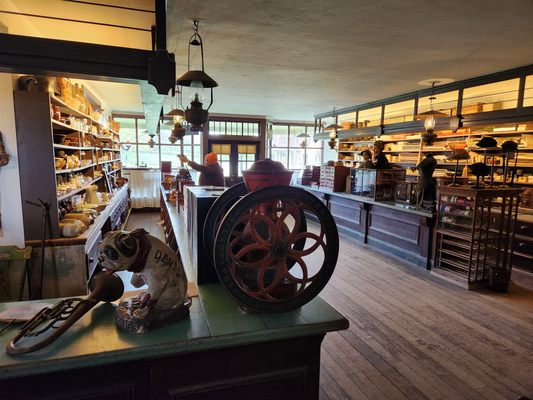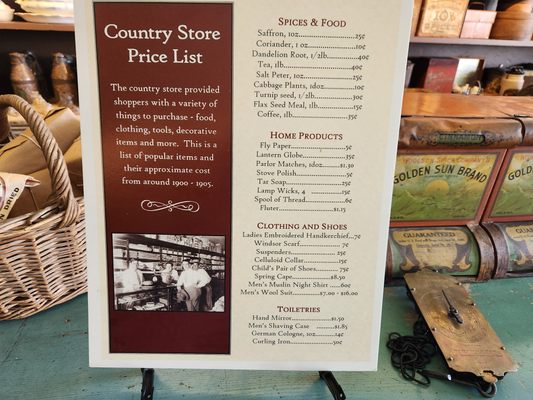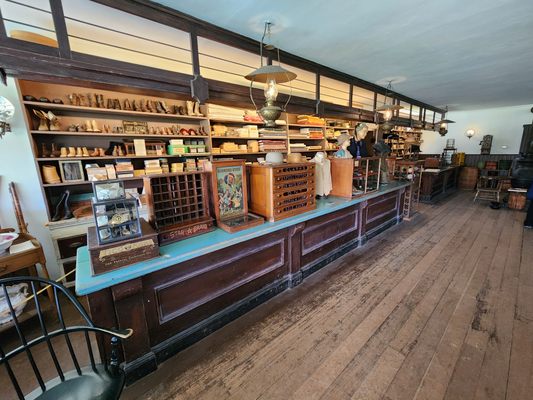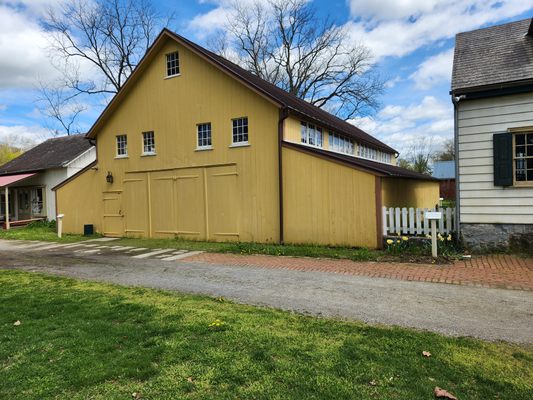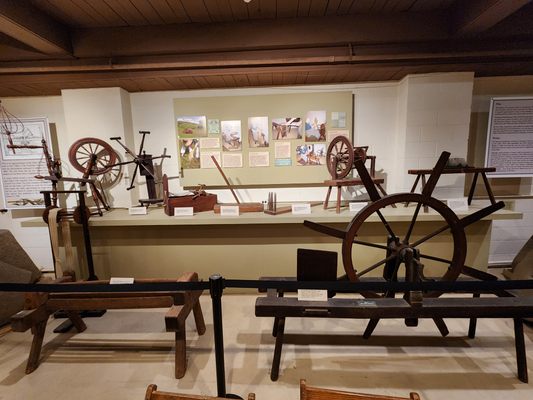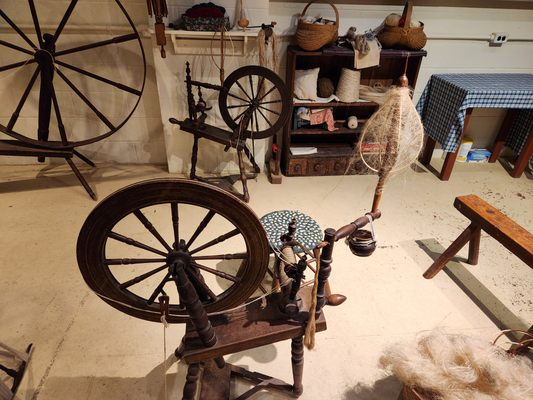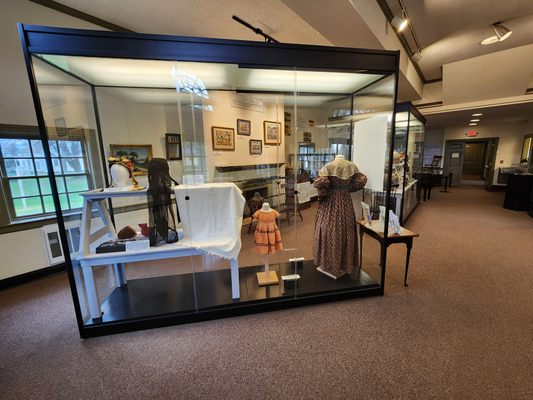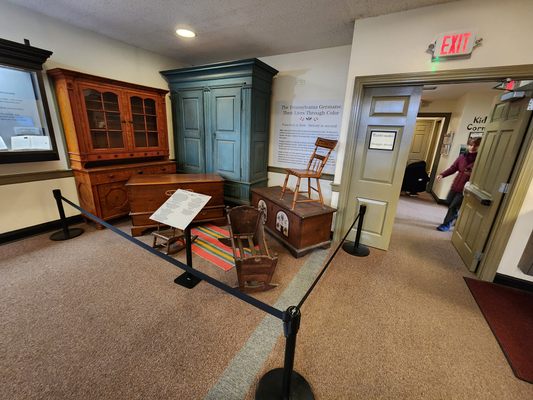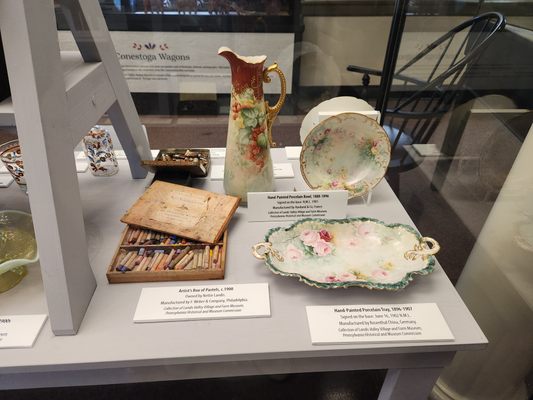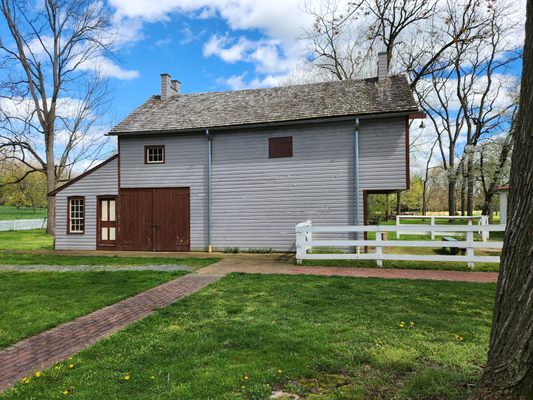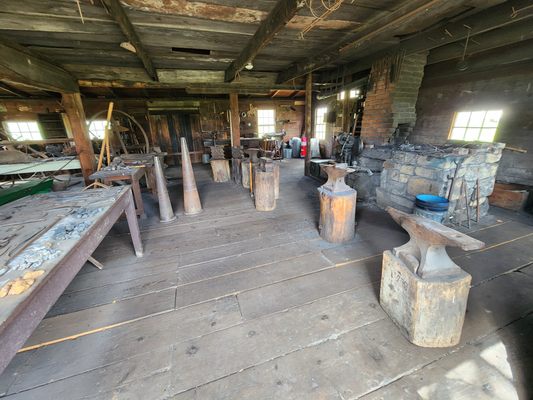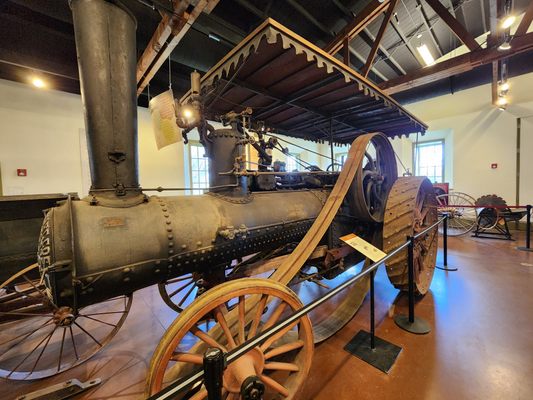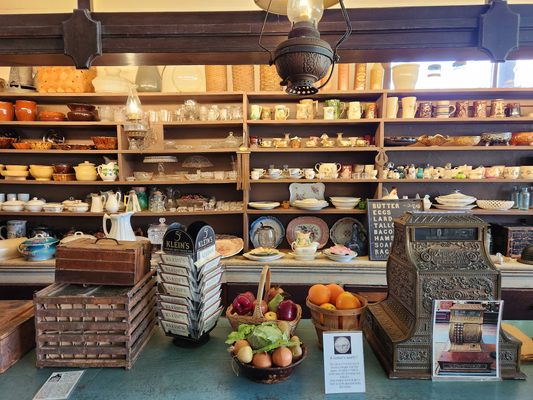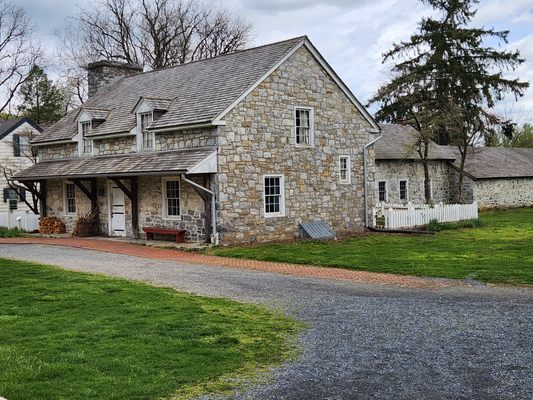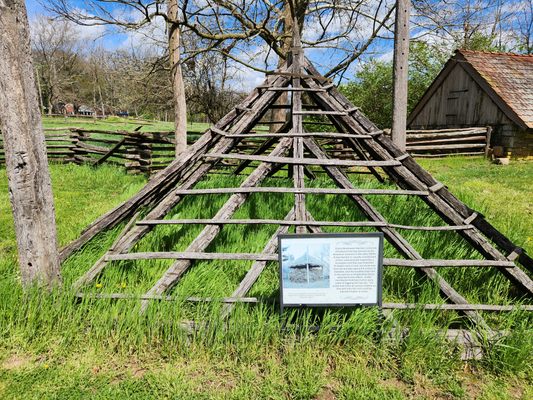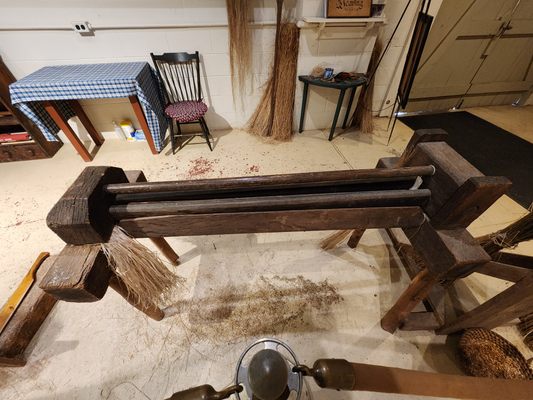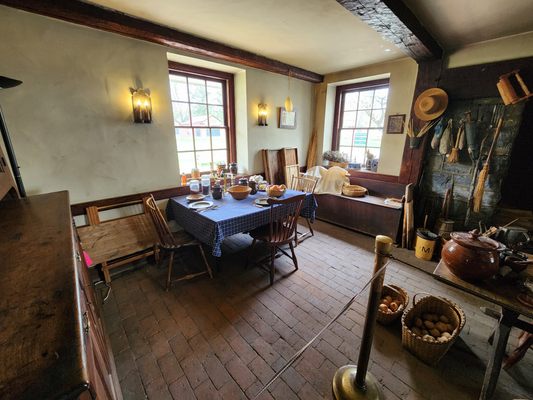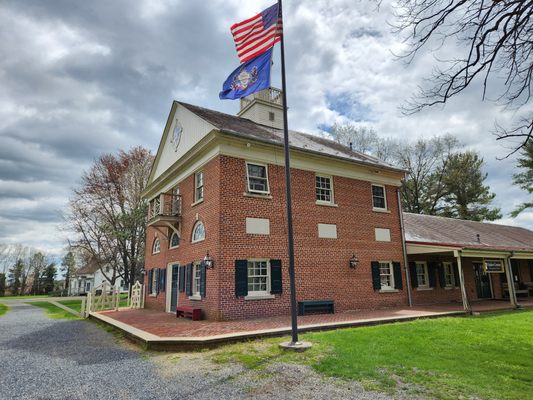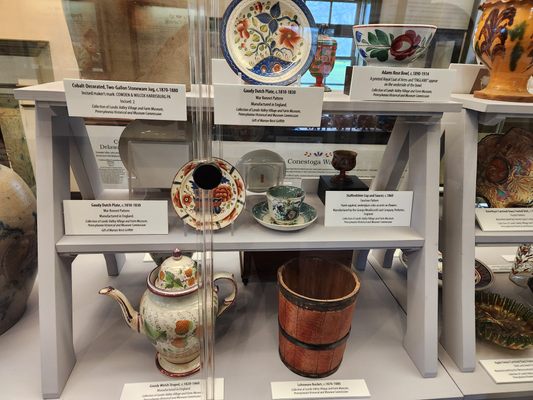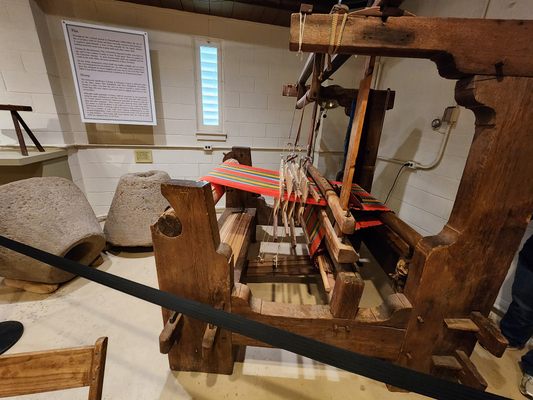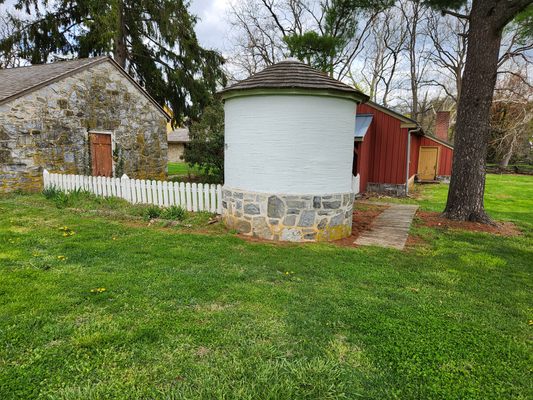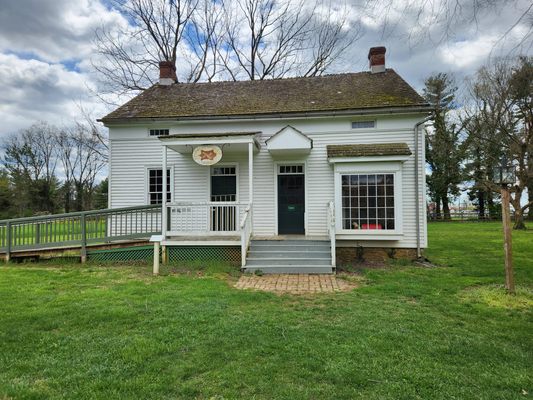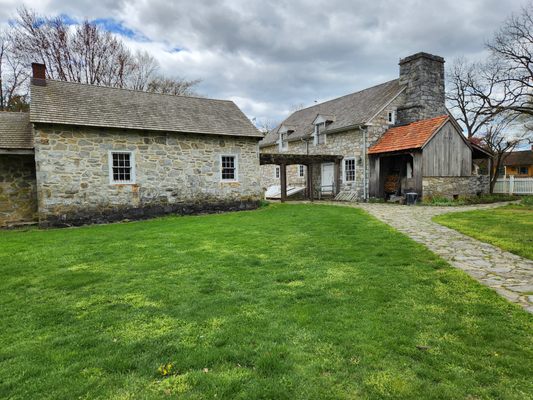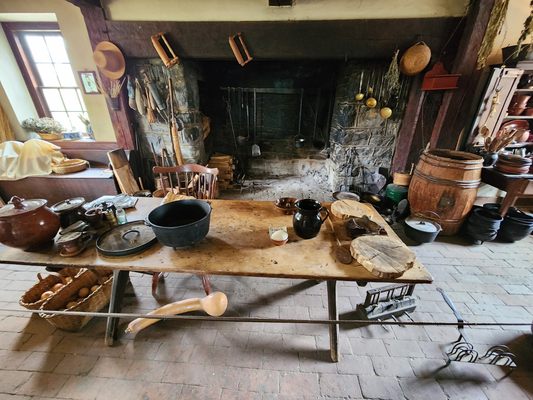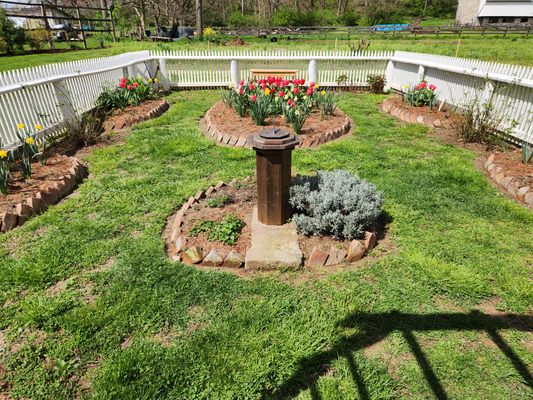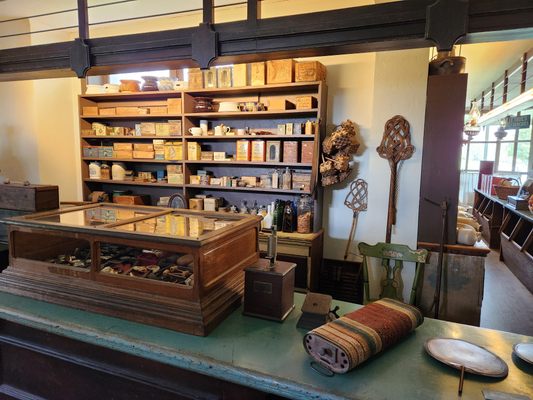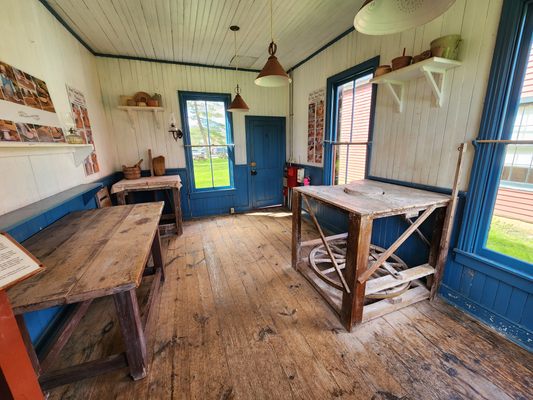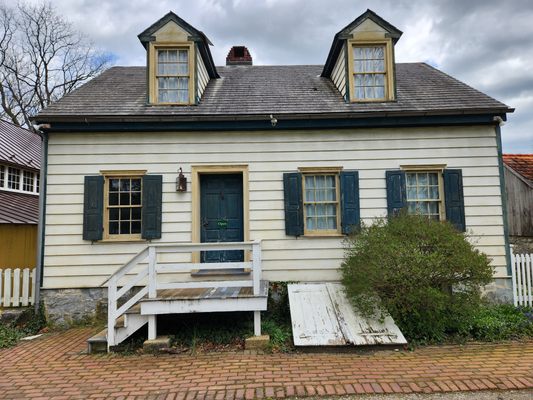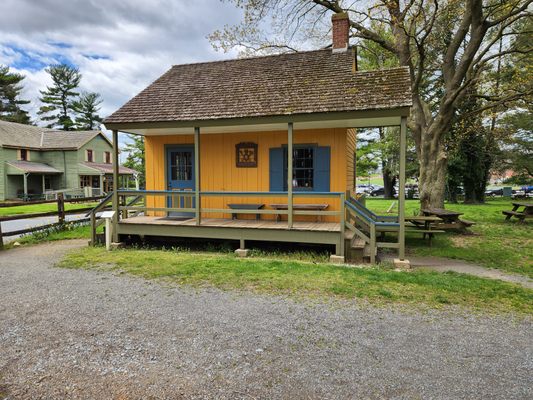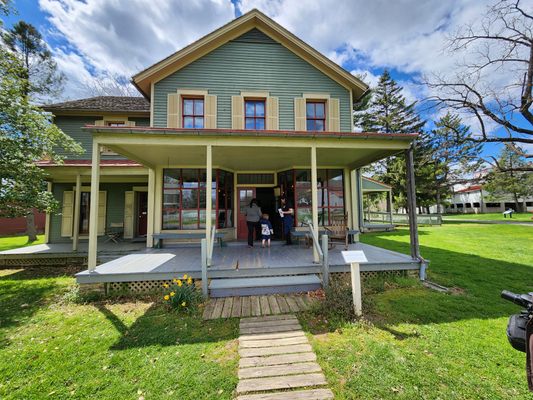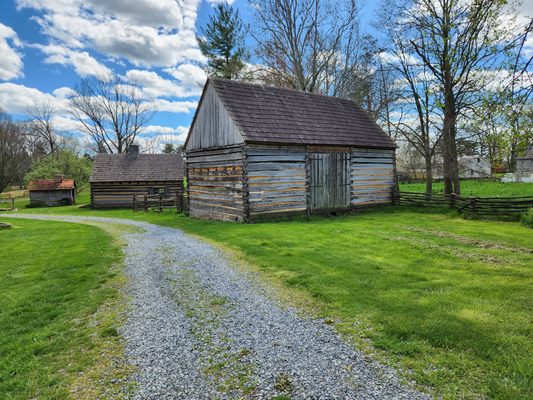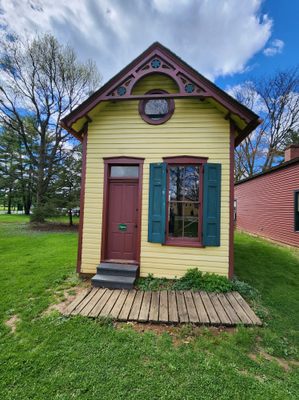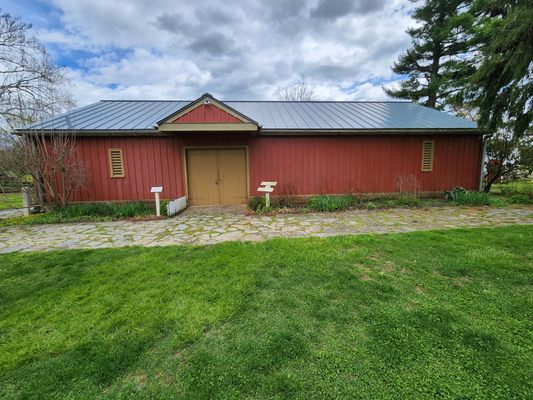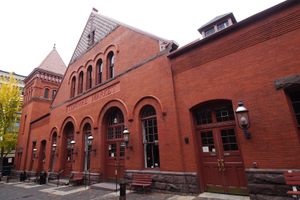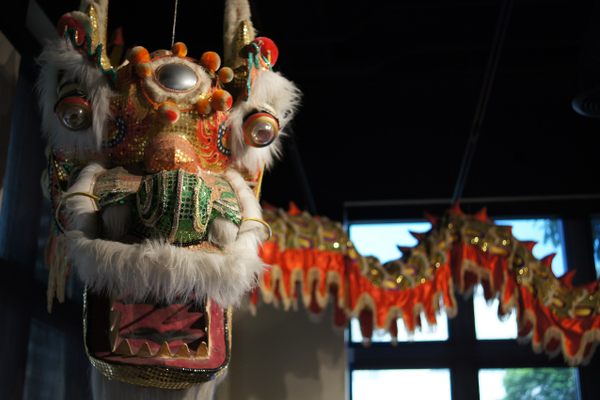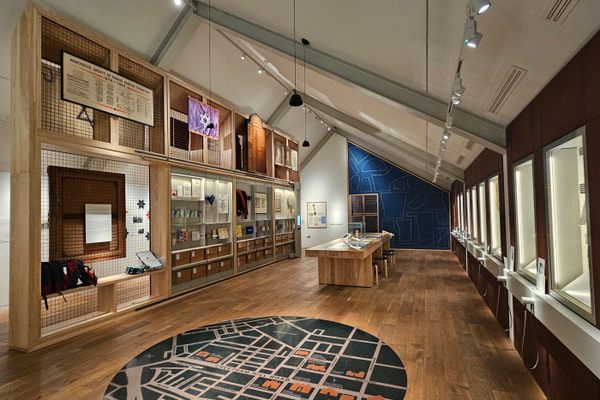About
Several waves of German immigrants settled in Pennsylvania in the 17th and 18th centuries. The first wave, invited by William Penn himself, consisted largely of Anabaptists, including Amish, Mennonites, and Dunkers. These groups were seeking religious freedom after the chaos of the Thirty Years' War, which had devastated much of Germany.
After around 1720 they were joined by mainstream Protestant denominations such as Lutherans, Moravians, and members of the German Reformed church. On the eve of the American Revolution, around one-third of Pennsylvania's population was German-speaking.
Of course, as for other immigrants, the draw was not just religious freedom, but the availability of land. A single family could own a farm a quarter of the size of what an entire village farmed in the German homeland.
Although some groups such as the Amish maintain their separateness to this day, assimilation between the "English" and the German settlers progressed steadily over the 19th century. The assimilation was not all one-way, either. Some Pennsylvania German culinary customs have become part of the larger American culture, such as Christmas cookies and decorated Easter eggs. The log houses the settlers built, patterned on medieval German architecture, also may have helped inspire the traditional "log cabin" of pioneer American lore.
In fact, the assimilated Pennsylvania German customs may even include the American custom of driving on the right side of the road. Conestoga wagons (invented by Pennsylvania Germans in the 18th century) were guided from the left side, as German speakers from Central Europe customarily drove the team from the left.
As agriculture prospered, flour mills and associated crafts such as cooperage (barrel making), blacksmithing, and textiles also grew up, which further fostered trade over a developing network of roads. Brothers Henry and George Landis, born after the Civil War and descended from early Mennonite settlers, had built farmhouses in this area but branched out by building a hotel, the Landis Valley Hotel, to take advantage of the growing demand by travelers.
The brothers also started collecting Pennsylvania German artifacts in the late 19th century, realizing that assimilation into the broader culture threatened the survival of some of the folkways. They opened a museum, centered on their farmstead, by the 1920s. It was donated to the state of Pennsylvania at their deaths.
Over time other buildings were added to the site. Some period buildings were moved in later from elsewhere in the area, including the Sexton's House, the Erisman House, and the Blacksmith Shop. Replicas were also constructed, as of a tavern and inn as they might have looked circa 1800, a tin shop, and the firehouse. A log cabin farm as it might have looked in the late 18th century was also built, using contemporary accounts as guides for construction.
Visitors are free to wander about among the buildings. Some buildings also contain museums and interpretive displays. Extensive exhibits of household furnishings and goods are found in the Visitor Center. A general store is still furnished with goods for sale as it might have been ca. 1900. A textile museum displays equipment for extracting fibers from plants, for spinning thread and yarn, and looms for weaving cloth. The Farm Machinery & Tool Building hosts extensive displays of farming equipment, ranging from horse-powered through steam through the first gasoline-powered tractors.
The Landis Valley Museum also presents living history and interpretive demonstrations, and maintains an active program of preserving heirloom seeds.
Related Tags
Know Before You Go
The Landis Valley Museum is just off Pennsylvania State Route 272 about 5 miles northeast of downtown Lancaster. It sits northwest of the intersection of SR-272 and Landis Valley Road. There is ample free parking. Check the website for hours, admission fees, and current events.
Community Contributors
Added By
Published
July 5, 2024
